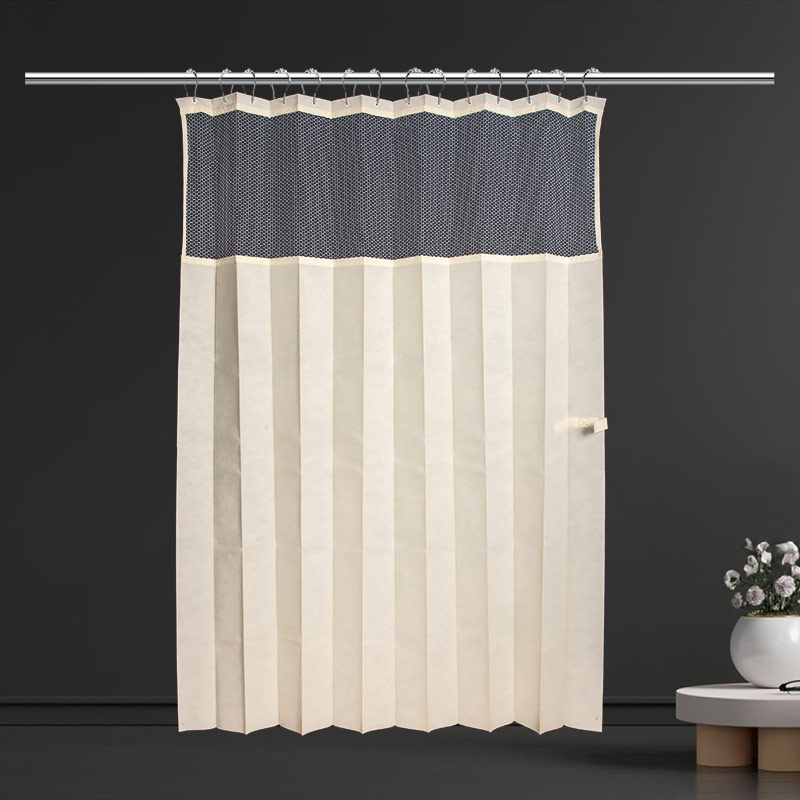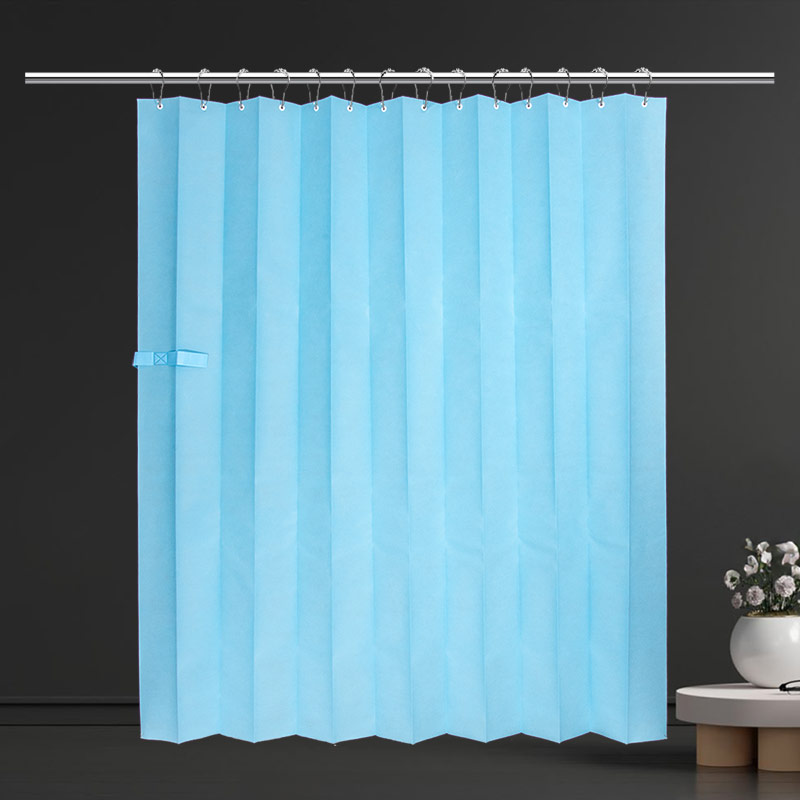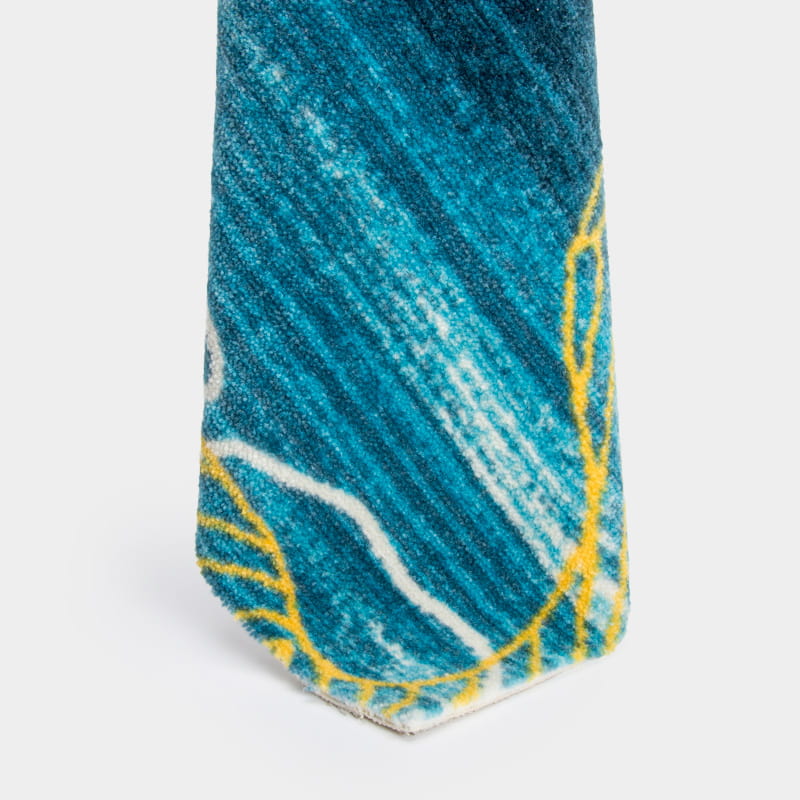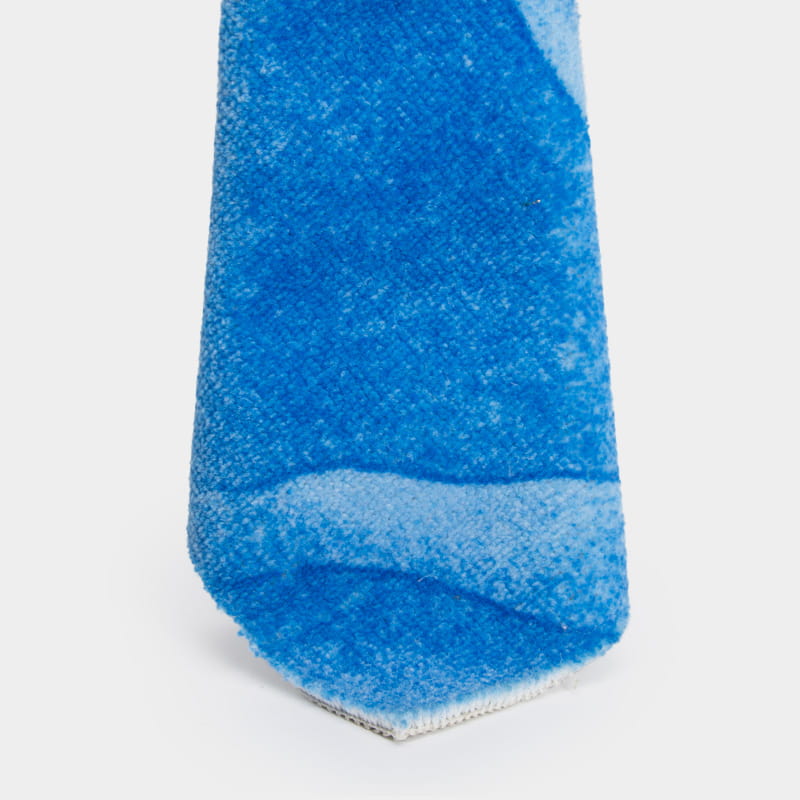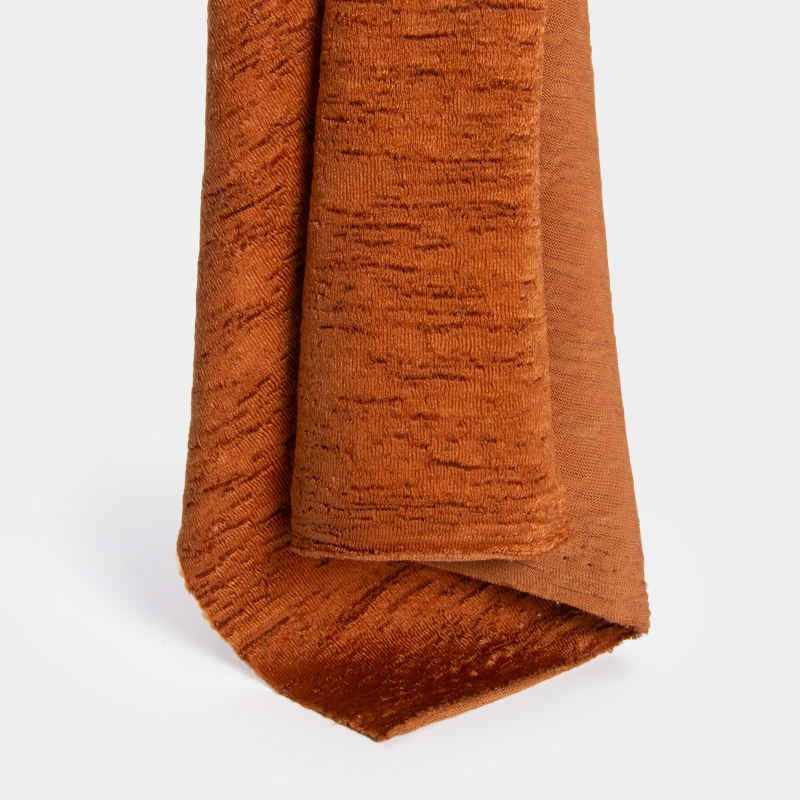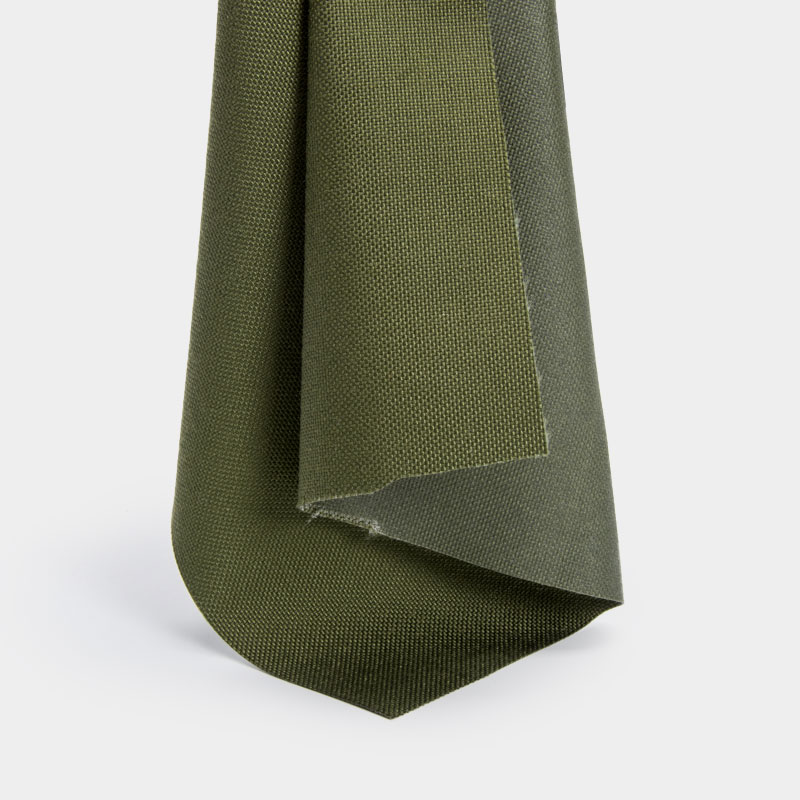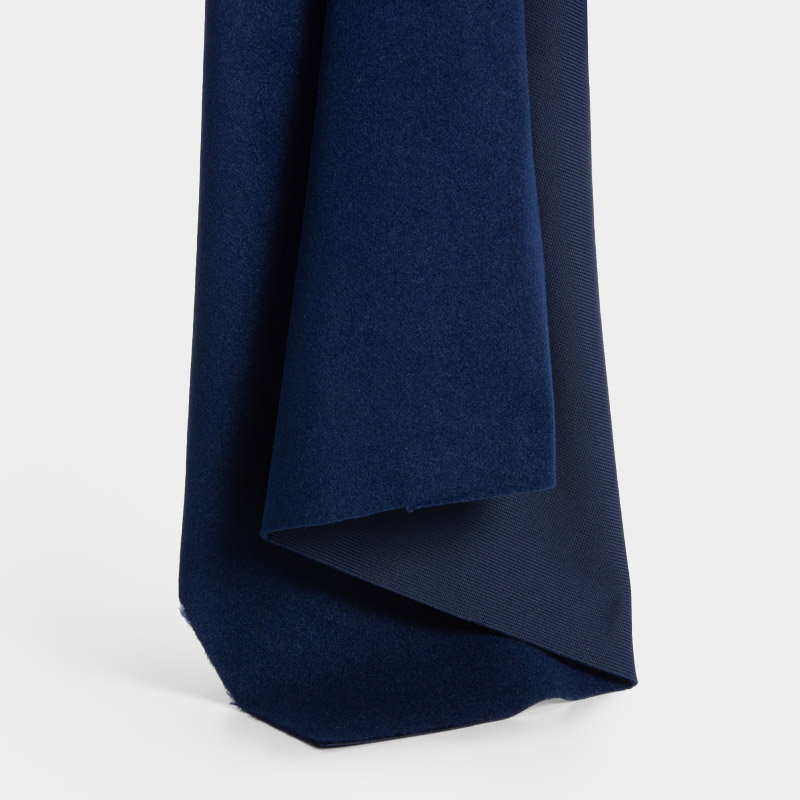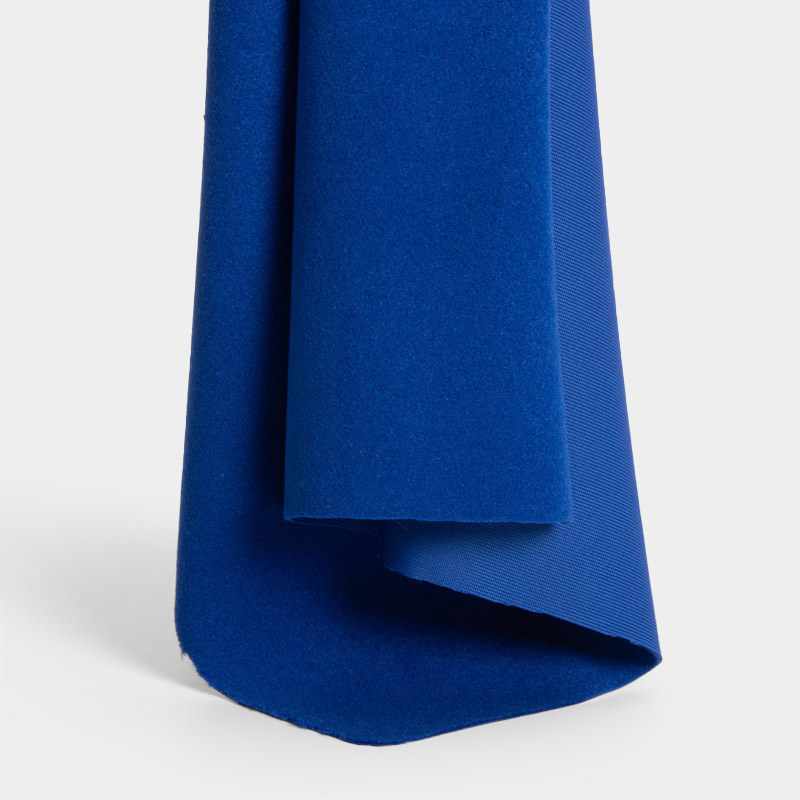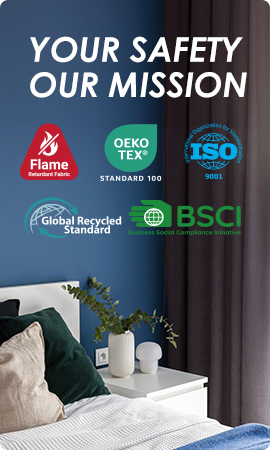2025 Frequent Global Textile Recalls Reveal Alarming Flame-Retardant Compliance Risks
Recent recall notices released by the U.S. Consumer Product Safety Commission (CPSC) have revealed a surge in global textile recalls due to non-compliance with flame-retardant compliance. These products pose severe fire hazards and, in some cases, may result in personal injuries or fatalities.
At BEGOODTEX, we have collected and analyzed a series of textile product recall reports from the CPSC and other regulatory agencies around the world. These cases involve numerous countries and well-known brands, and they span a wide range of product types—including mattresses, curtains, children’s clothing, carpets, and sofas. The sheer variety and volume of these recalls demonstrate one fact clearly: flame-retardant compliance has become a critical issue for the global textile market.
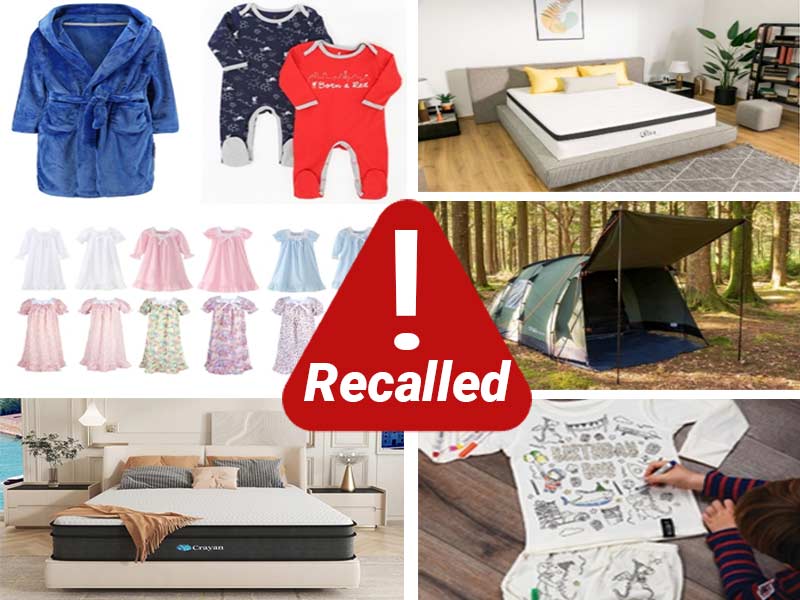
Ⅰ. Textile Recalls in 2025 (as of April)
In the first four months of 2025, over 80 textile, footwear, and accessory products were recalled across four major markets—the EU, United States, Canada, and Australia. March alone accounted for 38 recall cases, while April saw another 17.
Product categories involved: Children’s apparel, accessories, footwear, infant products, etc.
Main reasons for recall:Mechanical and physical hazards (e.g., drawstrings, detachable parts),Chemical risks (e.g., heavy metals, phthalates, hexavalent chromium)
Flammability risks due to non-compliance with flame-retardant standards and flame-retardant compliance — increasingly a major cause of textile recalls.
| Reason of recall | Violation of regulations or standards |
No. of recalls | Product related |
| Injuries | EN 14682 GPSR |
4 | Children’s dress Children’s coat Baby socks |
| Serious injury | CCPSA | 1 | Safety boots |
| Choking | GPSR | 1 | Children’s shoes |
| Suffocation | GPSR 16 CFR 1309 |
2 | Baby carrier Braided crib bumpers |
| Flammability / Fire | 16 CFR 1615/1616 SOR/2016-169 SOR/2016-194 Low Voltage Directive |
8 | Kids’ pajama sets Children’s bathrobes Children’s nightgowns, pajama sets and robes Hoodies and day half-zip sweatshirts Children’s pajama set Electric blanket |
| Strangulation and entanglement hazards | 16 CFR 1260 | 1 | Roller window shades |
| Fall & Entrapment hazard |
Cribs, Cradles and Bassinets Regulations | 2 | Baby loungers Baby, infant and newborn loungers, nests and sleepers |
| Skin irritation and allergic reaction | ACCC | 1 | Nursing pillow |
Ⅱ. Which Textile Products Are Being Recalled?
Based on recent years’ recall data, the most affected products include: Mattresses and bedding, Children’s clothing and sleepwear, Sofas, curtains, and carpets, Various home textile blends
1. Mattresses & Bedding
- Oliver & Smith Mattresses (Agro Superior Group): Recalled due to non-compliance with U.S. federal flammability standard CFR Part 1633, involving approximately 16,000 units.
- Nap Queen Mattresses: Recalled for flammability non-compliance, 1,540 units affected.
- Bubble Bear Baby Mattresses: Violated federal flammability and labeling requirements, recalled, 750 units affected.
- John Lewis Cotton Mattress Covers: Recalled due to failure to meet fire safety standards (quantity not disclosed).
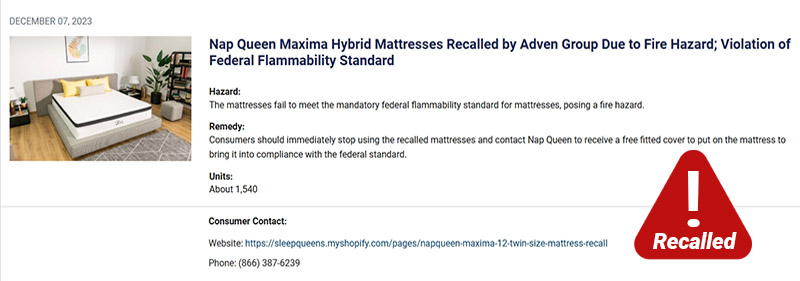
2. Children’s Costumes, Sleepwear, and Robes
- “Red Hot Mama” Adult Halloween Costume: Recalled in Canada due to feather decorations failing to meet flammability standards.
- “Feather Witch” Children’s Costume: Recalled for similar reasons (Canada).
- Vanilla Underground “Minecraft TNT” Onesie: Recalled in the U.S. due to violation of federal flammability regulations, 2,100 units affected.
- Selfie Craft Company Children’s Pajamas: Recalled for failure to meet U.S. CFR 1615/1616 standards, 38 units affected.
- iMOONZZZ Children’s Pajamas: Recalled for flammability non-compliance, 1,930 units affected.
- SGMWVB Brand Children’s Pajamas: Recalled for flammability violations, 2,400 units affected.
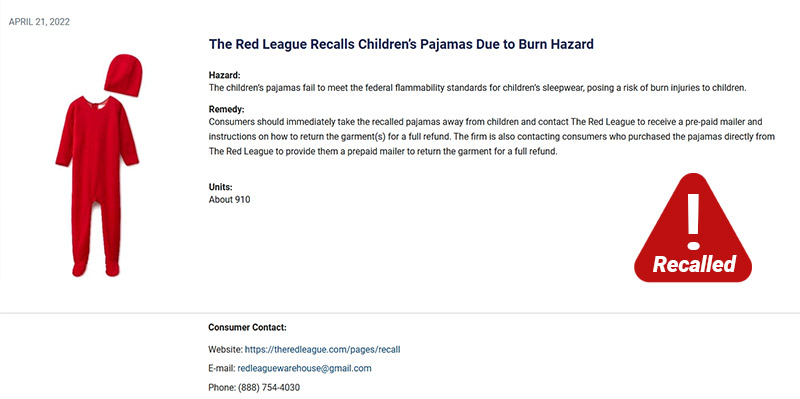
3. Sofas, Curtains & Carpets
- Argos Eton Fabric Sofas & Ottomans: Recalled due to upholstery fabric not meeting fire safety standards.
- Habitat Eton Fabric Sofas & Ottomans: Recalled for high flammability and rapid flame spread, non-compliant with general safety requirements.
- John Lewis Sofa Bed Covers: Recalled due to fire safety non-compliance.
- JURLEA Carpets: Recalled for failing textile flammability requirements, 930 units affected.
- Habitat Curtains: Certain models recalled for failing to meet flame-retardant standards (details not disclosed).
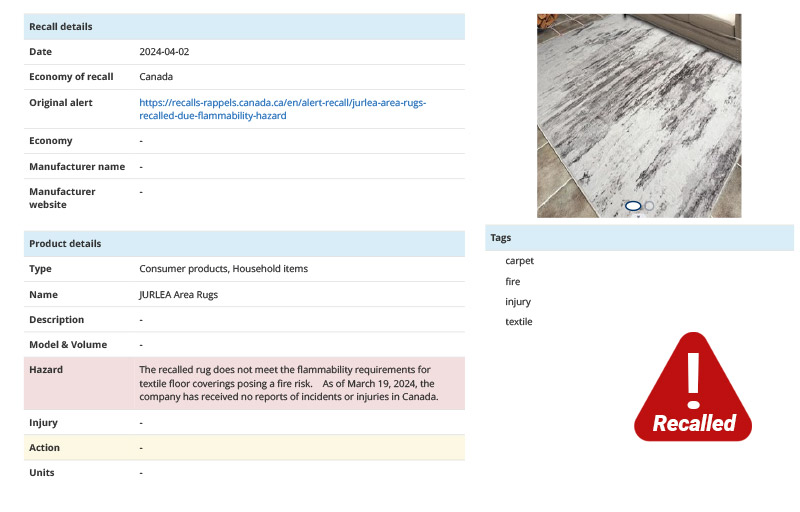
4. Other Textile Products
- John Lewis Down and Feather Jackets: Recalled for fire safety non-compliance (potential hazard when exposed to open flames).
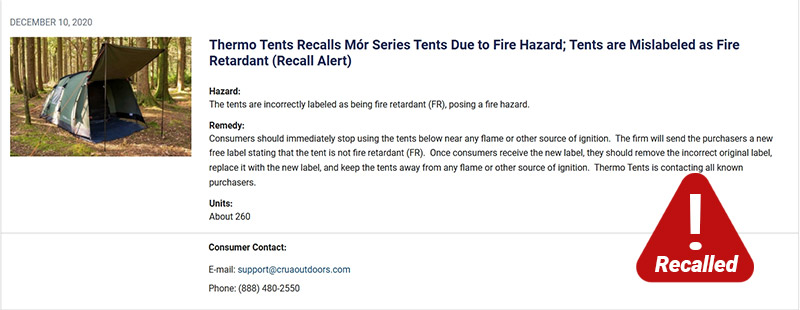
Ⅲ. Why Did These Products Fail Flame-Retardant Tests?
Most of the recalled items were found to use fabrics that were substandard, untested, or falsely labeled as flame-retardant. In today’s globalized textile supply chain, with OEM manufacturing widespread, some producers and traders remain unfamiliar with destination market regulations—or cut corners to reduce costs, neglecting proper compliance testing. The result: increased risk of inspections, customs rejections, and large-scale recalls.
Typical Recall Case Analysis
| Region | Product Type | Recall Reason | Involved Standard |
| USA | Children’s Pajamas & Nightgowns | Violation of CFR 1615/1616 standards, burn risk | U.S. Federal Flammability Regulations |
| Canada | Children’s Robes & Dresses | Non-compliant with SOR/2016-169 & SOR/2016-194, flammable materials | Canadian Textile Flammability Laws |
| EU | Kids’ Costumes & Tulle Dresses | Easily ignitable near open flame, burn risk | EN 71-2 (Toy Flammability Standard) |
Ⅳ. BEGOODTEX: Ensuring Flame-Retardant Compliance from the Source
As a professional manufacturer of flame-retardant textiles, BEGOODTEX is committed to providing globally compliant, functional fabric solutions. From home furnishings and industrial PPE to children’s products and hotel projects, our experience ensures product safety from design to delivery.
All of our product lines undergo rigorous lab testing for flame resistance, mechanical strength, chemical safety, wash durability, and user comfort. We cooperate with independent third-party laboratories to issue internationally recognized test reports, ensuring our fabrics meet various market standards.
If you want to learn more about Begoodtex’s flame retardant fabric research and development technology, you can check out this article: “How Flame Retardant Technology Applied In Polyester Fabric.”
Our Compliance Strengths
✅ Certified under major international flame-retardant standards (e.g., NFPA 701, BS 5867, EN 13773, GB 8624)
✅ Full support for third-party testing (SGS, ITS, BV, etc.)
✅ Available in permanent, durable, and eco-friendly flame-retardant series
✅ Fully aligned with compliance needs for the U.S., EU, Middle East, and other export markets
✅ Custom development and compliance consultation services available to help minimize inspection failures, rejections, and recalls
At BEGOODTEX, we believe compliance is more than a “pass/fail” test—it’s a commitment to safety, quality, and brand integrity. Compliance is Not a Formality—It’s Brand Protection
Ⅴ. Global Flame-Retardant Standards Overview
| Region | Standard Name | Application Areas |
| USA | CFR 1632 / 1633, NFPA 701,CAL TB 117, CA Title 19 | Mattresses, curtains, stage drapes, upholstered furniture, commercial textiles |
| UK | BS 5815, BS 5852 Crib 5, BS 5867 Type C, BS 7175 Source 7 | Hospital bedding, hotel furniture, curtains, public seating |
| EU | EN 1102 / EN 13773 | Apparel, home textiles, children’s products, interior decoration |
| CA | CAN/ULC-S109-14 | Curtains, stage drapes, tents, decorative fabrics |
| DE | DIN 4102-B1, DIN EN 1021 Teil 1, DIN EN 1021 Teil 2 | Interior building materials, furniture, upholstery, decorative textiles |
| FR | NF P92-503-M1 | Curtains, drapes, wall coverings |
| IT | UNI 9177 | Furniture, curtains, bedding, interior textiles |
| JA | JIS L 1091 | Apparel, interior textiles, functional fabrics |
| IMO | IMO Res.A.471(XII), IMO Res.A.652(16) | Marine interiors, carpets, curtains, bedding |
Ⅵ. Conclusion: Recalls Are Expensive—Compliance Is the Smarter Investment
Every product recall comes at a high cost—returns, loss of customer trust, reputational damage, and potential legal consequences. For textiles that are worn close to the skin or used in high-risk environments, flammability compliance is not optional—it’s essential.
BEGOODTEX is proud to be your trusted partner in flame-retardant fabric solutions. We don’t just offer fabrics—we offer protection, certification, and peace of mind.
📩 Planning to export textiles or bid on a project? Contact BEGOODTEX to request samples or testing recommendations—compliance starts at step one.
FAQ
1. Which flame-retardant standards do BEGOODTEX products comply with?
Our products are tested and certified under major international flame-retardant standards, including NFPA 701 and CFR 1633 (USA), BS 5867 (UK), EN 13773 (EU), and GB 8624 (China). They meet the regulatory requirements of key export markets such as the U.S., Europe, and the Middle East.
2. How does BEGOODTEX ensure flame-retardant compliance?
All of our flame-retardant fabrics undergo rigorous laboratory testing for flame resistance, chemical safety, durability, and strength. We also support third-party testing through reputable agencies like SGS, ITS, and BV to ensure full compliance and reliability.
3. Does BEGOODTEX support customization or export projects?
Yes. We provide custom development of flame-retardant fabrics and offer end-to-end solutions, including sampling, compliance testing, and bulk delivery. For export projects, we also offer compliance consultation and technical support to help clients meet international requirements.
4. Does BEGOODTEX offer eco-friendly or durable flame-retardant fabric options?
We offer various eco-friendly and durable flame-retardant fabric series, including halogen-free solutions and permanent flame-retardant fabrics that maintain performance after 50+ washes. These are widely used in high-standard applications such as hotel curtains, medical dividers, and children’s sleepwear.
5. Can BEGOODTEX assist with compliance or certification inquiries?
Absolutely. Our experienced team can provide guidance on relevant standards, certification processes, and lab testing reports. We help customers reduce the risk of inspection failures, customs rejection, and product recalls—starting from step one.

